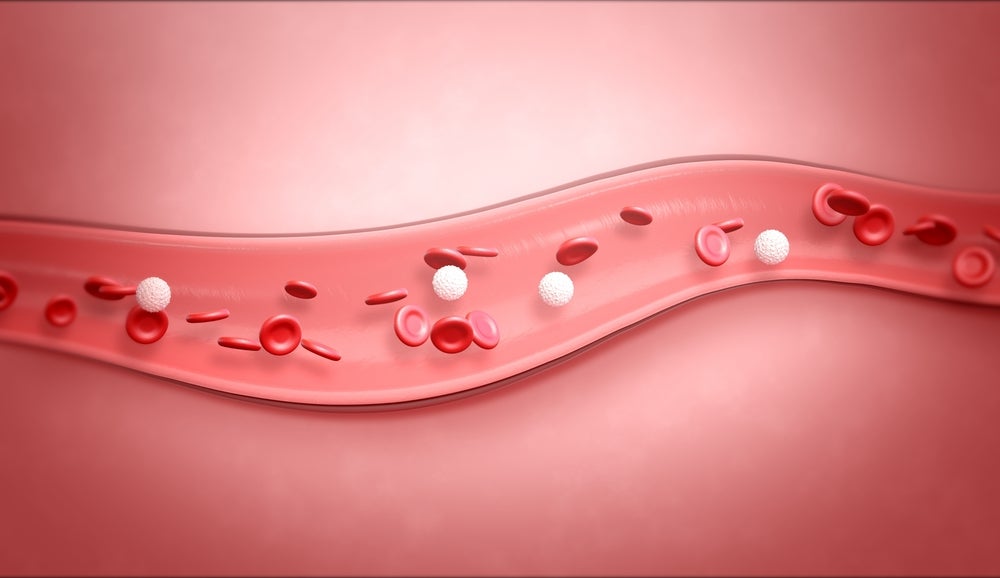At the American College of Cardiology Scientific Sessions & Expo 2024 in Atlanta, Arrowhead Pharmaceuticals recently unveiled final data from its Phase II SHASTA-2 clinical trial for plozasiran, previously recognised as ARO-APOC3, and published in JAMA Cardiology.
The data indicates a substantial reduction in apolipoprotein C-III (APOC3) and triglycerides by as much as 86% and 90%, respectively, that typically occurred at Week 16 or 20 and persisted to Week 48 in patients with severe hypertriglyceridemia (SHTG).
There was also an improvement in multiple atherogenic lipid and lipoprotein levels, including remnant cholesterol, HDL cholesterol, and non-HDL cholesterol.
Plozasiran is expected to reach $707m in sales by 2032, according to GlobalData’s report, Dyslipidemia: Seven-Market Drug Forecast and Market Analysis.
Plozasiran selectively targets the APOC3 gene, presenting a promising therapeutic avenue for SHTG and associated cardiovascular risks.
APOC3 is a protein that regulates lipid metabolism, and it plays a role in the regulation of triglyceride levels in the blood.

US Tariffs are shifting - will you react or anticipate?
Don’t let policy changes catch you off guard. Stay proactive with real-time data and expert analysis.
By GlobalDataHigh levels of APOC3 are associated with an increased risk of cardiovascular diseases.
Inhibiting this protein has been shown to reduce triglyceride levels, and hence could be a potential therapeutic target for managing dyslipidemia and reducing cardiovascular risk.
Arrowhead Pharmaceuticals announced in March 2023 that the US Food and Drug Administration (FDA) had granted fast-track designation for plozasiran for the significant reduction in triglycerides in adult patients with familial chylomicronemia syndrome (FCS).
Plozasiran has shown promising results in several clinical trials with significant reductions in triglycerides and multiple atherogenic lipoproteins in patients with SHTG, FCS, and mixed dyslipidemia.
Based on these positive results, Arrowhead Pharmaceuticals plans the Phase III SHASTA-3 and SHATA-4 trials to be initiated in patients with SHTG in the coming months.
According to the key opinion leaders (KOLs) interviewed by GlobalData, a leading data and analytics company, there is an unmet need for drugs that treat severe genetic disorders, including FCS and familial hypercholesterolemia.
Currently, there are no FDA-approved therapies to treat FCS.
Therefore, there is a critical unmet need for new FCS treatments that effectively lower triglyceride levels and prevent the complications associated with this disease.
KOLs added that patients with SHTG have limited treatment options, and therefore plozasiran addresses the significant unmet need in the treatment of dyslipidemia.
If approved, plozasiran offers hope for the dyslipidemia drug market.
According to GlobalData, plozasiran is forecast to launch in 2026 and is a promising pipeline drug for the treatment of dyslipidemia.






